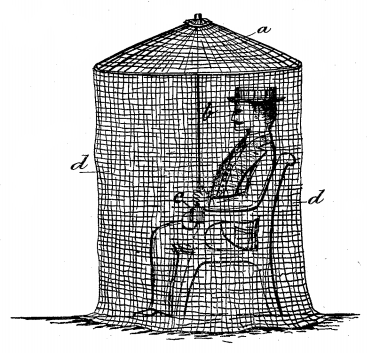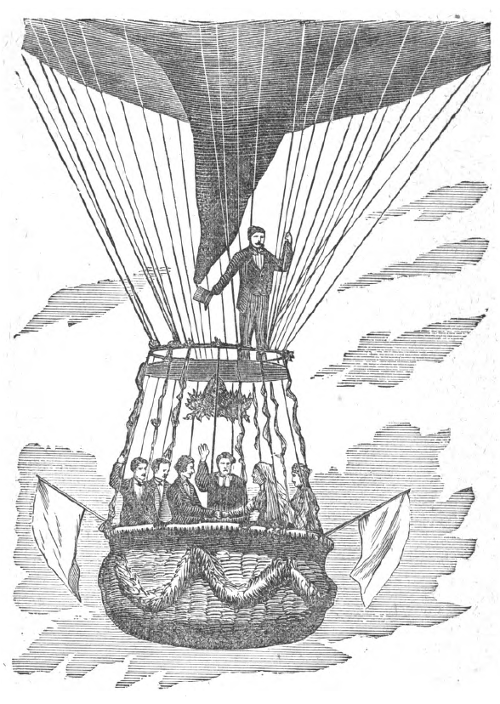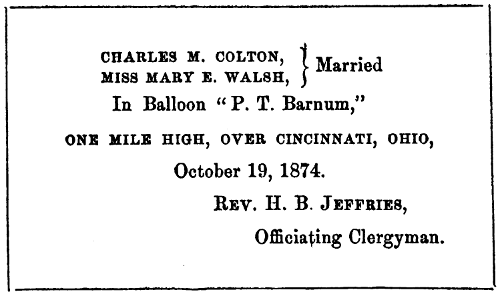Sentence completion exercises from Levi Branson’s First Book in Composition, 1863:
_______ is a Confederate State.
Gen. _______ reduced Fort Sumter.
South Carolina is the greatest _______ country in the Confederate States.
Louisiana raises more _______ than any other State in the Confederacy.
Abraham Lincoln led _______ people into war.
Jefferson Davis defended _______ country bravely, and deserves great applause for _______ patriotism.
General Stuart _______ started in pursuit; he _______ overtook the enemy, _______ led on the attack in person, and gained a complete victory.
General Lee defeated the Yankees, _______ his army was much smaller _______ theirs.
I saw the Confederate flag _______ from the City Hall.
From Marinda Branson Moore’s Dixie Speller, 1864:
It makes us sad to hear the booming of cannon in time of war. We think of our dear friends who are in the army, and fear they may be killed.
War is a sad thing, and those who bring it about will have much to answer for.
Some people lay all the blame at the door of the rulers of the nation. In some countries this is true, but in our country it is not so. The people elect their own rulers, and they should not choose bad men. If the rulers in the United States had been good Christian men, the present war would not have come upon us.
The people sent bad men to Congress, and they were not willing to make just laws, but were selfish, and made laws to suit themselves.
The Bible says “When the wicked bear rule the nation mourneth, but when the righteous are in authority, the people rejoice.”
People often do wrong, and when trouble comes upon them, they say God sent it.
God has made good laws for man, and if we do right we will be happy; but sin will always bring trouble.
Let every boy learn this lesson, and when he is a man, let him not vote for a bad man to fill an office of trust. — Then the men who wish to be in office will strive to be good, and the nation will be happy.










